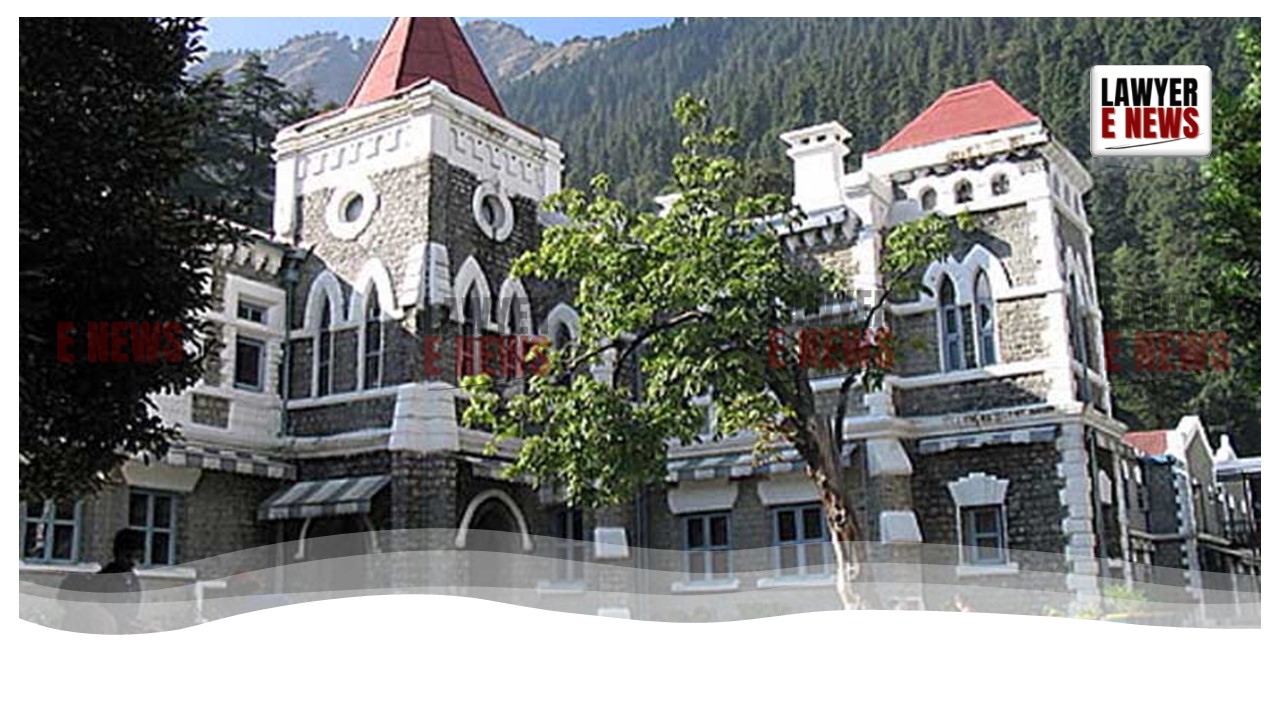-
by Admin
15 February 2026 5:35 AM



In a significant ruling, the Uttarakhand High Court has allowed a writ petition challenging an order that required the petitioner to complete his pension papers based on a disputed date of birth. The judgment, delivered by Hon’ble Justice Pankaj Purohit, emphasizes the necessity for accurate verification of the petitioner’s date of birth and mandates that the Labour Commissioner resolve the dispute within three months.
The petitioner, Nazir Ali, challenged the order dated 7th May 2024, which directed him to complete his pension documentation, asserting that he would attain the age of 58 on 21st April 2024. However, Nazir Ali contended that his actual date of birth is 22nd April 1970, making him only 54 years old. The dispute led to the withholding of his retention allowance for the financial year 2021-2022, as he had not submitted his birth certificate.
The court underscored the importance of credible documentation to ascertain the correct date of birth. According to Clause LL of the Standing Orders Covering the Condition of Employment of Workmen in Vacuum Pan Sugar Factories in U.P., disputes regarding a workman’s date of birth should be resolved by the Labour Commissioner.
The court recognized the arguments presented by both sides. The Senior Advocate for the respondents highlighted that the Provident Fund records, school certificates, municipal records, and other valid documents should be considered for verifying the workman’s date of birth. Justice Purohit noted that the consistent entries in these records are pivotal for resolving such disputes.
The judgment extensively discussed the procedures outlined in Clause LL, which mandates proper verification of the date of birth through reliable records. It was noted that the Provident Fund record initially serves as the reliable age record for retirement purposes. However, this record can be modified based on other official documents like school leaving certificates or municipal board certifications.
Justice Pankaj Purohit remarked, “The management shall give at least one month’s notice to a workman before retiring him, during which period the workman has the right to represent to the Labour Commissioner. Such representations should be disposed of within six weeks, ensuring timely justice.”
The High Court’s decision to allow Nazir Ali’s writ petition and direct the Labour Commissioner to resolve the date of birth dispute within three months reaffirms the judicial commitment to accurate and fair verification processes. This ruling emphasizes the importance of reliable documentation in employment disputes and ensures that workers are not prematurely forced into retirement. The judgment is expected to set a precedent for similar cases, reinforcing the legal framework for resolving employment-related disputes efficiently.
Date of Decision: 24th June 2024
